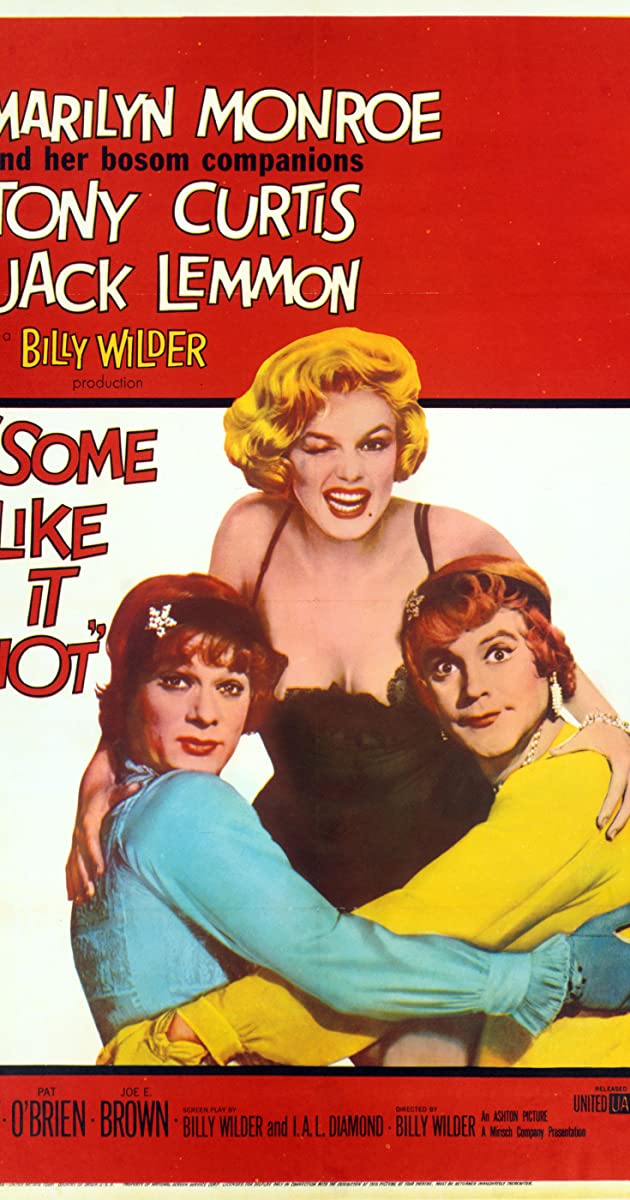

A minor prototype of the "Runyon-esque" character for more than three decades, Polish-born actor George E. Stone (né Gerschon Lichtenstein, on May 18, 1903) was, in actuality, a close friend of writer Damon Runyan and would play scores of colorful "dees, dem and dos" cronies throughout the 1920s, '30s, and '40s. With great names such as Johnnie the Shiek, Boots Burnett, Ice Box Hamilton, Wires Kagel, Ropes McGonigle, Society Max, and Toothpick Charlie, Stone delighted audiences in scores of crimers for decades. A vaudeville and Broadway hoofer in the interim, the runt-sized Stone (5'3") finally scored in his first "grownup" part as the Sewer Rat in the silent drama Das Glück in der Mansarde (1927) starring the once-popular romantic pair Charles Farrell and (Academy Award winner) Janet Gaynor. As "Georgie" sounded too child-like, he began billing himself as "George E. Stone." From there he was featured in a number of "tough guy" potboilers, particularly for Warner Bros. So typed was he as a henchman or thug, that he found few films outside the genre. His gunsels often possessed a yellow streak and could be both broadly comic or threatening in nature, with more than a few of them ending up on a morgue slab before film's end, including his Earl Williams on The Front Page (1931) and Otero in the classic gangster flick Der kleine Caesar (1931). Included in George's many films were a number of Oscar-quality pictures , including The Racket (1928), Pioniere des wilden Westens (1931), Spätausgabe (1931), Die 42. Straße (1933), Schrei der Gehetzten (1934), Ein rastloses Leben (1936), Die scharlachroten Reiter (1940), Polizei greift ein (1953), Das Gewand (1953), Die gebrochene Lanze (1954), Der Mann mit dem goldenen Arm (1955), Schwere Jungen, leichte Mädchen (1955), Verdammt sind sie alle (1958), Manche mögen's heiß (1959), Die unteren Zehntausend (1961). Arguably, Stone's most popular, if not prolific, role was when he replaced Charles Wagenheim as The Runt in the second of the "Boston Blackie" film series, Confessions of Boston Blackie (1941) that starred Chester Morris as the title detective. The series lasted eight years. Suffering from failing eyesight in later years, George was virtually blind by the late 1950s but, thanks to friends, managed to secure sporadic film and TV work. From 1958 on, Stone could be glimpsed in a recurring role on the popular courtroom series Perry Mason (1957) as a court clerk. Married to second wife Marjorie Ramey in 1946, 64-year-old George died following a stroke on May 26, 1967 in Woodland Hills, California, and was survived by two sisters. - IMDb Mini Biography By: Gary Brumburgh / [email protected]
